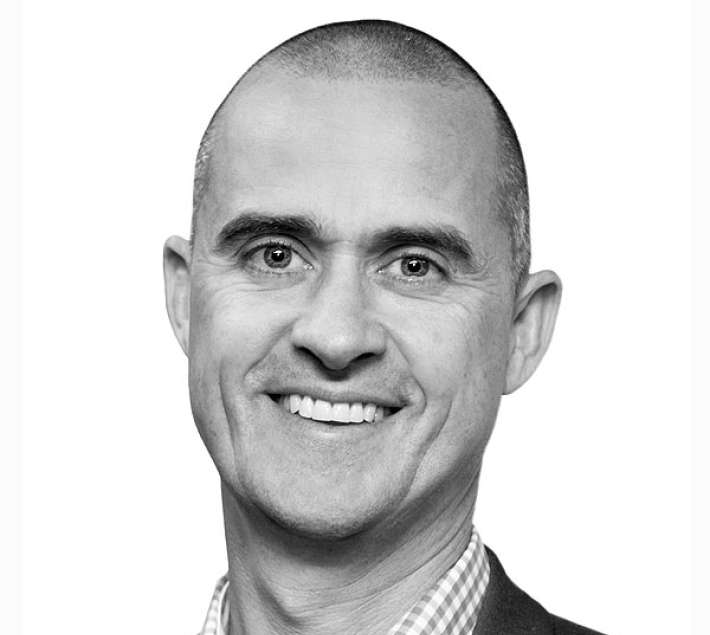An Impact podcast with Dave Hardegger, created for the Impact leadership playbook.
Finding the courage to take leadership action
Courage is vital to great leadership action. But what exactly is courage? What does it look like? And how do we become more courageous?
Latest listen
In this mini podcast (24 mins), created exclusively for the Impact leadership playbook, Dan chats to Dave Hardegger about courage. Based in Auckland, Dave is Head of Solutions & Practice for Impact Asia, and Head of Impact New Zealand, Aotearoa. Dave has spent 16 years honing his skills and expertise as an Impact facilitator, working across ASPAC and beyond with some of the world’s biggest brands. He’s known for his sense of humour, agility, and ability to step into spaces of discomfort and facilitate breakthrough conversations.
As a key part of our leadership model, Notice, Decide, Act, courage is a fundamental capability for leaders to develop. But how does it happen? And how do we get better at acting courageously?
How do you define courage?
"Courage is really subjective. Something that might take me courage might feel completely normal to you, right? It might be part of your everyday. Let’s say, a firefighter running into a house fire; I’m sitting here going ‘wow, that’s courageous.’ But the firefighter might be going ‘nah, just another day at the office’.
There’s lots of really great sayings about courage, such as ‘courage is not the absence of fear, but feeling the fear and doing it anyway.’
But for me… Courage is when we notice something needs doing, and it feels difficult or challenging to us, but we somehow summon up the presence to do that thing with grace, with compassion, with humility. To do it in a way that is in service of others.”
What tip or trick can you share for building your courage?
"First of all, I think it’s very in line with our leadership model. And this starts with noticing – practise noticing what’s going on around you and for you. Personally, for me I know that if something’s going on and I feel like I don’t have the courage to do it, a real warning sign for me is a burning sensation in my throat. And we all have this, whether it’s sweaty palms or butterflies in your stomach. And this signal is saying to us, ‘Something's going on, something needs to be said or done. So figure out what it is.’"
How would you create the conditions for other people to act courageously?
"If we want people to be courageous, then we need to really openly accept mistakes and failure. I’ve got a quote on the wall behind me that says ‘do not fear failure but be terrified of regret’ Our role as leaders is to push and develop and stretch the edge of what we can do as individuals, of what our people and teams can do, and what we can do as an organisation. So if we’re afraid of failure, that’s a real lack of courage right there. We need to be able to sit in mistakes with confidence, vulnerability and courage and go ‘Okay, we tried. What did we learn? How do we move on?’ Creating that kind of environment allows more courageous acts to bubble up to the surface."
Listen to the podcast on Spotify
